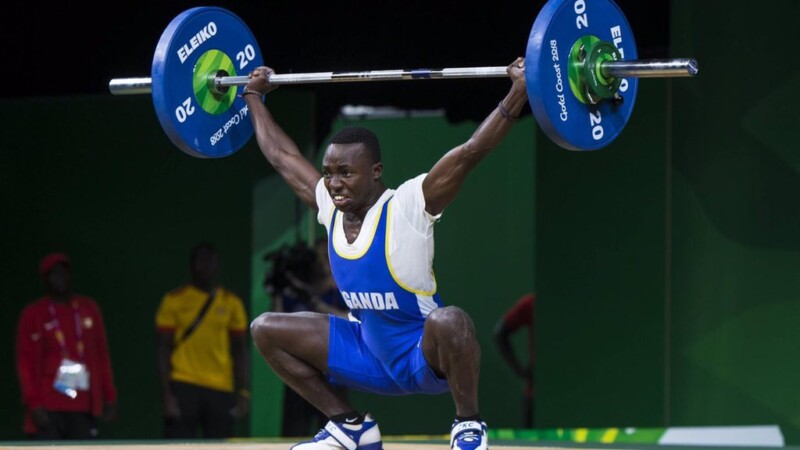On July 21 a chartered plane airlifted Julius Ssekitoleko to Uganda. Ssekitoleko, an amateur weightlifting athlete, was part of the Ugandan entourage to the Olympics tournament that is currently ongoing in Japan.
It is reported that Julius was co-opted onto Uganda’s National Olympics team even when officials knew he had not met the qualification mark. This was soon to be proved in Japan when he failed to pass the preliminary tests on arrival.
Accordingly, his date of return was set for Tuesday. Before that return date, Ssekitoleko failed to show up for a routine Covid-19 test raising concern about his whereabouts. Julius’s note was later found in which it is said he confessed that he had disappeared to find work in Japan to support his struggling family in Uganda. In response, a search party was sent out but before he would be found, it is reported that Julius returned to the Olympics Village on his own.
Since his return, the media has been awash with reports about the miserable financial troubles that Ssekitoleko and his family have to deal with. His mother recounts in some of the media interviews how she has been providing financial support to him to afford food. She further notes that he had to borrow money to buy food supplements.
Ssekitoleko’s woes are no isolated incident. Many athletes in Uganda continue to struggle to access decent treatment through the availability of decent sports facilities, payment of the allowance, government medal prize money, and decent employment offers for representing our country.
Over time, the charade has formed up when sportspersons excel with reactive – often unfulfilled – awards, luncheons, and hot air platitudes. It all often serves to gratify the emotional needs at the time, where there is victory.
Where there is no victory, they often go unnoticed and where a wrong decision is made like appears to have happened in Ssekitoleko’s situation, a sledgehammer is used. The welfare of sportspersons must be structured as a policy issue.
There must be a deep reflection on how we treat our sportsmen and women, both in victory and defeat.
His repatriation also puts to the fore the longstanding concerns of labor externalisation and related concerns, especially considering that the apparent alleged reason for his disappearance was bent on becoming a migrant worker.
It was swiftly undertaken to raise a question of whether it is political will or a resource challenge undermining the government’s ability to deal with the repatriation of Ugandans stuck on labor externalisation missions gone bad.
The government’s labor externalisation programme continues to be bedeviled by human rights abuses of migrant workers resulting in conditions of human trafficking, modern-day slavery, and killings.
Ugandan migrant workers remain vulnerable to extortion and exploitation both within the recruitment and deployment processes due to a lack of standards of operation for recruitment agencies and companies in terms of recruitment and their operations.
Government should expedite the process of developing and adopting the national migration policy that adequately provides for labor migration to guide the efforts in streamlining the externalisation of labour.
OP-ED DISCLAIMER: This is an Op-ed article. The opinions expressed in this article are the author’s own. DailyExpress does not in any way endorse nor support views, opinions, or conclusions drawn in this post and we are not responsible for any content, accuracy, or quality within the article or for any damage or loss to be caused by and in connection to it.
If you would like your article/opinion to be published on Uganda’s most authoritative news platform, send your submission on: [email protected]. You can also follow DailyExpress on WhatsApp and on Twitter (X) for realtime updates.



